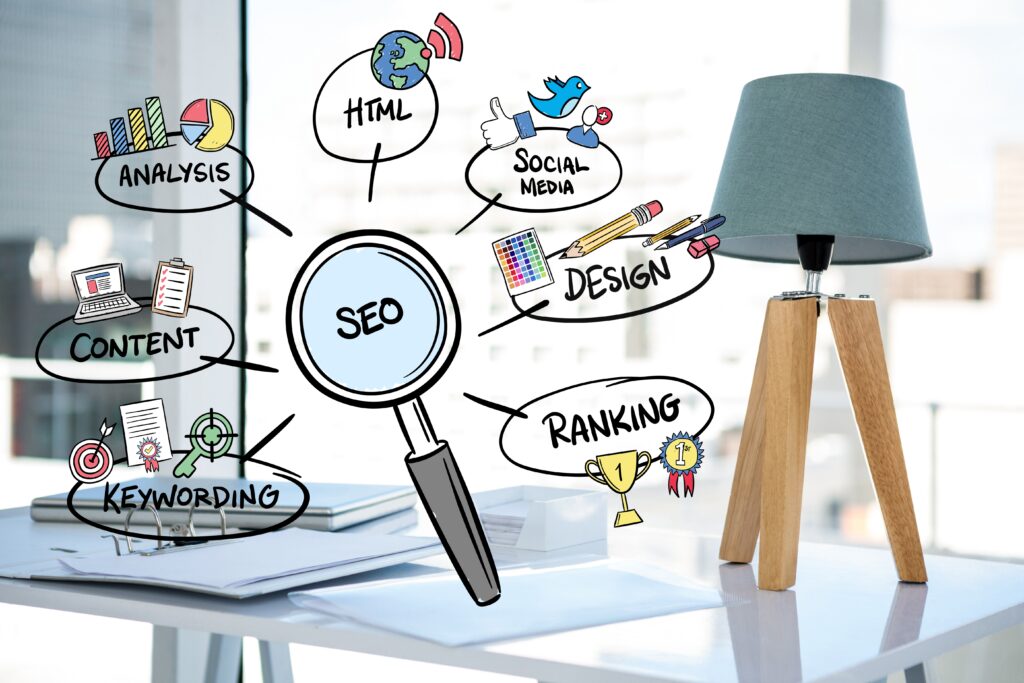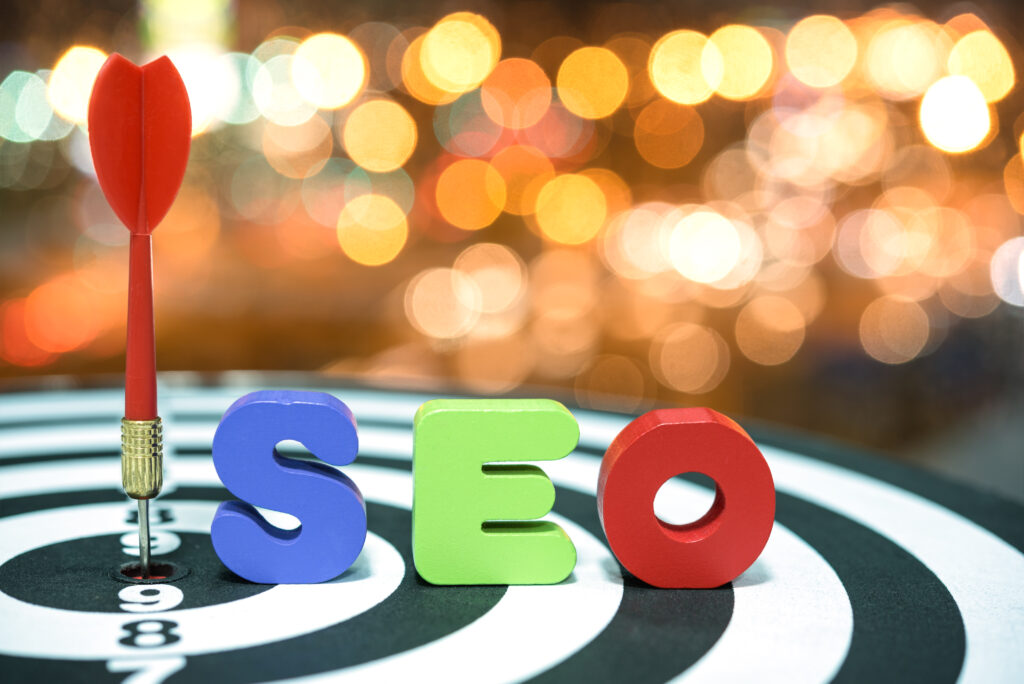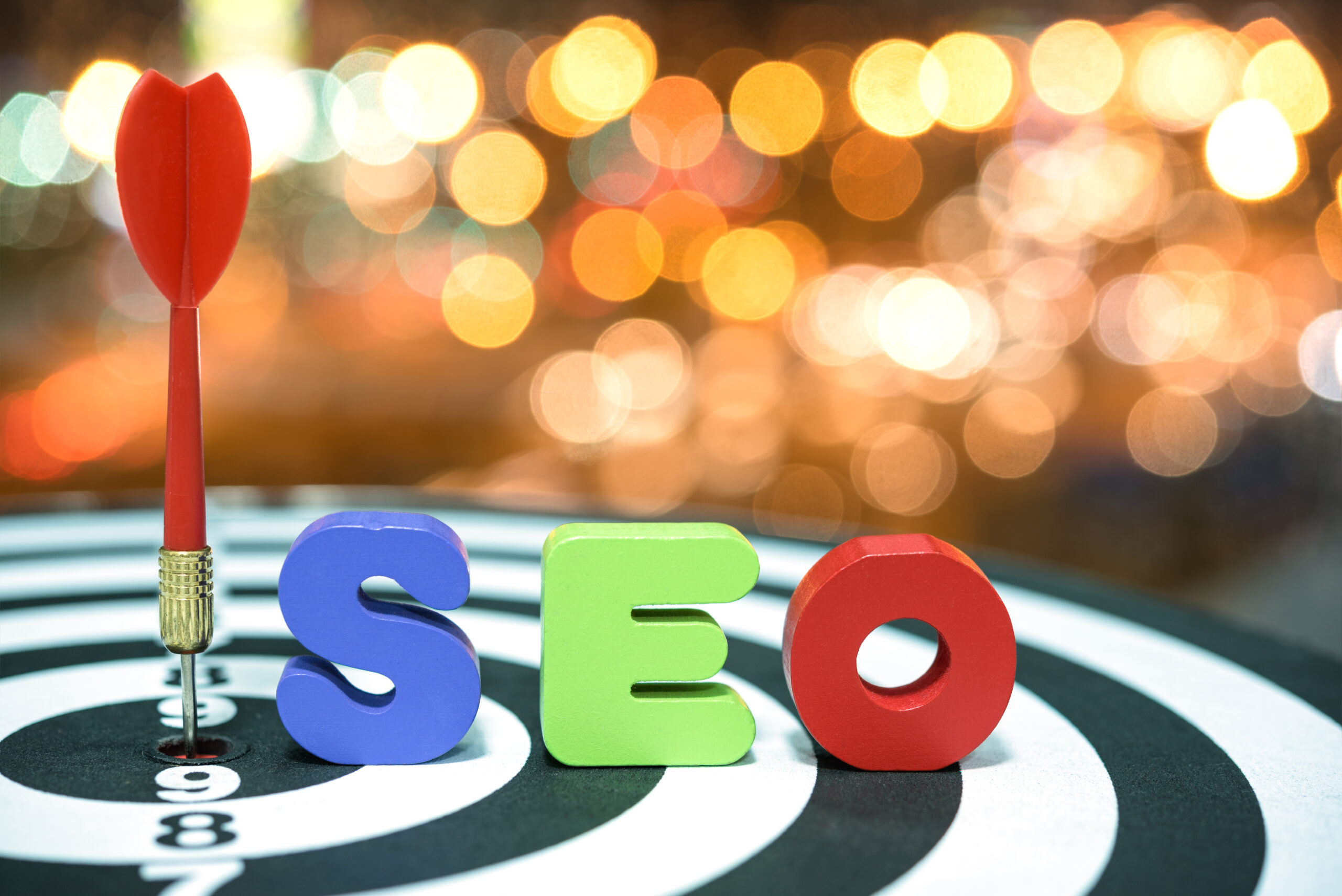On Page SEO vs Technical SEO: A Comparative Review for Future-Focused Businesses
In an era where digital visibility defines commercial success, mastering the intricacies of search engine optimisation (SEO) has never been more critical. For forward-thinking businesses, especially SMEs navigating the competitive UK market, understanding the nuances between on page SEO vs technical SEO is the cornerstone of any transformative digital strategy. At Gobblex Tech, we believe in equipping our clients with not just solutions but also the knowledge to make informed, empowered decisions. Let’s delve into a detailed comparative review that demystifies these two essential pillars of SEO.
Defining On-Page SEO and Technical SEO: The Foundations of Digital Growth
Before we embark on a deeper comparison, it’s crucial to establish what each term means:
- Optimizing individual web pages to improve their ranking and attract more relevant search engine traffic is known as On-Page SEO. It encompasses content quality, keyword use, meta tags, headings, internal linking, and user experience elements visible to your audience.
- Technical SEO, by contrast, covers the behind-the-scenes enhancements that allow search engines to crawl and index your site efficiently. It includes XML sitemaps, structured data, mobile friendliness, site speed, and security standards like HTTPS.
Both facets are indispensable; yet, their focus and execution diverge significantly, shaping distinct aspects of your online presence.
The Purpose and Impact of On-Page SEO: Content that Connects
When evaluating on page and technical SEO, on-page strategies shine by directly engaging your target audience through compelling, value-driven content. Here’s how on-page SEO elevates your brand:
- Craft clear, relevant copy tailored to search intent
- Organically maximizes the use of keywords in headers, titles, and body text
- Enhances readability and accessibility for all users
- Incorporates multimedia elements to increase engagement
A well-executed on-page SEO plan ensures your offerings resonate with both users and search engines, making your digital narrative persuasive and discoverable.
Exploring Technical SEO: Building the Digital Infrastructure
Conversely, technical SEO serves as the solid foundation upon which your website’s performance stands. Within the debate of technical SEO vs on page SEO, technical optimisation guarantees that all on-page efforts reach their full potential by:
- Improving website loading speeds for reduced bounce rates
- Ensuring mobile responsiveness for multi-device usability
- Implementing secure connections via HTTPS encryption
- Data organization for rich search result snippets
- Enabling smooth crawling using robust robots.txt files and sitemaps
Even the most engaging content could go unnoticed by your target audience if technical SEO isn’t done well.
Key Differences: Technical vs On-Page SEO in Action
To clarify the distinctions in the technical vs on-page seo conversation, consider these core differences:
| Aspect | On-Page SEO | Technical SEO |
| User Focus | Visible content & UX | Backend performance & access |
| Primary Goal | Engage and convert visitors | Enhance indexing & crawlability |
| Main Elements | Keywords, meta tags, layout | Speed, mobile, security |
| Measurability | Engagement metrics, rankings | Crawl reports, site audits |
| Tools | SEMrush, Yoast, Google Search | Screaming Frog, PageSpeed Insights |
Such comparisons reveal that while their objectives overlap—boosting your site’s ranking—they function across different layers of your website ecosystem.
10 Proven Strategies to Boost Organic Traffic
Synergy Between On-Page and Technical SEO: Why Integration Matters
It’s a false dichotomy to pit on page seo vs technical seo against each other in isolation. Instead, their synergy is where real growth happens:
- On-page enhancements bring relevancy and conversion potential.
- Technical SEO unlocks the ability for search engines to interpret and reward those optimisations.
For instance, publishing expertly crafted blogs is futile if slow load times or poor mobile design deter users or hinder Google’s crawling. Integration ensures:
- Fast and accessible, high-quality content
- Fewer errors lead to a better user experience
- Increased organic visibility and improved ROI
Best Practices for On Page SEO: Crafting Content Excellence

Businesses aspiring to master on page SEO should focus on the following best practices:
- Conduct thorough keyword research aligned with audience intent
- Write clear, informative, and unique content addressing customer needs
- Improve meta descriptions and title tags to increase click-through rates.
- Utilise header tags (H1-H6) to structure content logically
- Leverage internal links to related articles or services
- Add alt text to images for accessibility
- Regularly update outdated content to maintain relevance
Technical SEO Best Practices: Fortifying the Foundation of Your Website
In the realm of technical seo vs on page seo, technical procedures demand an ongoing commitment to excellence:
- Ensure fast loading speeds by compressing images and minimising scripts
- Configure mobile-friendly layouts through responsive design
- Set up an XML sitemap and submit it to Google Search Console
- Audit and fix crawl errors using tools like Screaming Frog
- Enforce HTTPS protocols to safeguard user data
- Use schema markup to make rich SERP results available.
- Remove duplicate content issues via canonical tags or redirects
Adhering to these principles fortifies your digital assets for long-term health and scalability.
Measuring Success: KPIs for On-Page and Technical SEO
Monitoring the appropriate KPIs is essential to assessing the efficacy of technical and on-page SEO:
On-page SEO:
- Organic traffic growth
- Bounce rate and average session duration
- Click-through rate from search results
- Keyword rankings on targeted pages
- User engagement (shares, comments)
Technical SEO:
- Crawl error frequency
- Index coverage (pages indexed by Google)
- Site speed scores (Google PageSpeed Insights)
- Mobile usability statistics
- Security reports (SSL status)
Analysing these KPIs through platforms such as Google Analytics and SEMrush empowers you to iterate and refine your strategy continually.
Aligning with Google Guidelines: Staying Ahead in a Dynamic Digital World
Both on page seo vs technical seo must strictly align with Google’s ever-evolving guidelines to avoid penalties and sustain growth. This includes:
- Prioritising valuable, original, and user-centric content
- Avoiding keyword stuffing or manipulative link-building schemes
- Maintaining clean, crawlable code and site architecture
- Regularly updating to accommodate algorithm changes
Gobblex Tech’s holistic approach ensures clients benefit from compliant, future-proof solutions that keep them at the forefront of their industries.
Competitive Analysis: Where Does Gobblex Tech Stand Out?
While some competitors emphasis data-heavy paid campaigns and others excel in creative storytelling, Gobblex Tech unites both worlds, leveraging cutting-edge technology and human creativity. Our approach doesn’t just follow trends—it sets them, empowering businesses to seamlessly integrate on page and technical SEO for measurable, scalable success.
Our strengths include:
- Personalised, industry-specific strategies driven by deep client collaboration
- Intuitive, conversion-focused web experiences
- Robust technical foundations enabling optimal content performance
- Continuous assistance and open contact for the duration of each project
Future Trends: What’s Next for Technical vs On-Page SEO?
As digital landscapes evolve, so too does the interplay between technical vs on-page seo. Key emerging trends include:
- AI-driven personalisation for hyper-relevant user journeys
- Voice search optimisation is impacting both content and technical structures
- Increased focus on E-E-A-T (expertise, experience, authority, and reliability)
- Enhanced analytics for granular attribution modelling
It will take constant learning, flexibility, and a readiness to invest in innovation—a core value of Gobblex Tech—to stay ahead of these changes.
Practical Steps: How to Combine On-Page and Technical SEO for Maximum Business Value
Ready to transform your online presence? Here’s a streamlined action plan:
- Start with a comprehensive audit covering both content and technical aspects
- Identify gaps in keyword targeting and site infrastructure
- Develop a unified roadmap aligning business goals with SEO priorities
- Invest in regular training and updates for your team or partner with experts
- Track developments, acknowledge successes, and quickly adjust to new difficulties.
By embracing both facets, you can ensure your digital marketing works holistically, unlocking sustained growth and competitive advantage.
Conclusion: Integrate, Innovate, and Lead with Gobblex Tech
In the ongoing debate of on-page SEO vs technical SEO, the real answer lies not in choosing sides but in harnessing the combined power of both. Businesses seeking digital transformation must view SEO as an integrated discipline, where compelling content meets robust technology to attract, engage, and convert audiences in a measurable, sustainable manner.
At Gobblex Tech, we specialise in crafting bespoke SEO strategies tailored to your unique needs, ensuring you not only meet but exceed your digital ambitions. Are you prepared to optimize your company for the future? Let’s start building together.
Want to see how your current on-page and technical SEO stack up? Book a complimentary SEO audit with Gobblex Tech today and take the first step towards digital excellence.
Share your thoughts below or connect with us for more insights—because at Gobblex Tech, your growth is our mission.
🌐 FAQ: Understanding SEO
1. What is the difference between technical SEO and on-page SEO?
Technical SEO focuses on optimizing your website’s backend to help search engines crawl and index your site better. This includes site speed, mobile-friendliness, and site structure.
On-page SEO, on the other hand, deals with optimizing content on individual pages—like using the right keywords, meta descriptions, headings, and internal linking to improve visibility.
2. Which is better, on-page SEO or off-page SEO?
Both are important!
- On-page SEO ensures that your content and website structure are optimized for search engines.
- Off-page SEO focuses on building authority through backlinks and social signals.
The best strategy is to combine both—without strong on-page SEO, it’s harder for search engines to rank your content, and without off-page SEO, it’s tough to gain credibility.
3. What is the difference between content SEO and technical SEO?
Content SEO focuses on creating valuable, relevant content that aligns with user search intent. This involves using keywords, creating high-quality articles, and ensuring your content meets users’ needs.
Technical SEO, however, deals with improving the infrastructure of your website to make it crawlable and indexable by search engines. This includes site speed, mobile responsiveness, and URL structure.
4. What is the difference between technical SEO and local SEO?
Technical SEO focuses on the overall performance and structure of your website for better search engine visibility. Local SEO, however, is about optimizing your website for local search results, especially for location-based queries. It includes setting up Google My Business, using local keywords, and ensuring your NAP (Name, Address, Phone) is consistent across the web.




